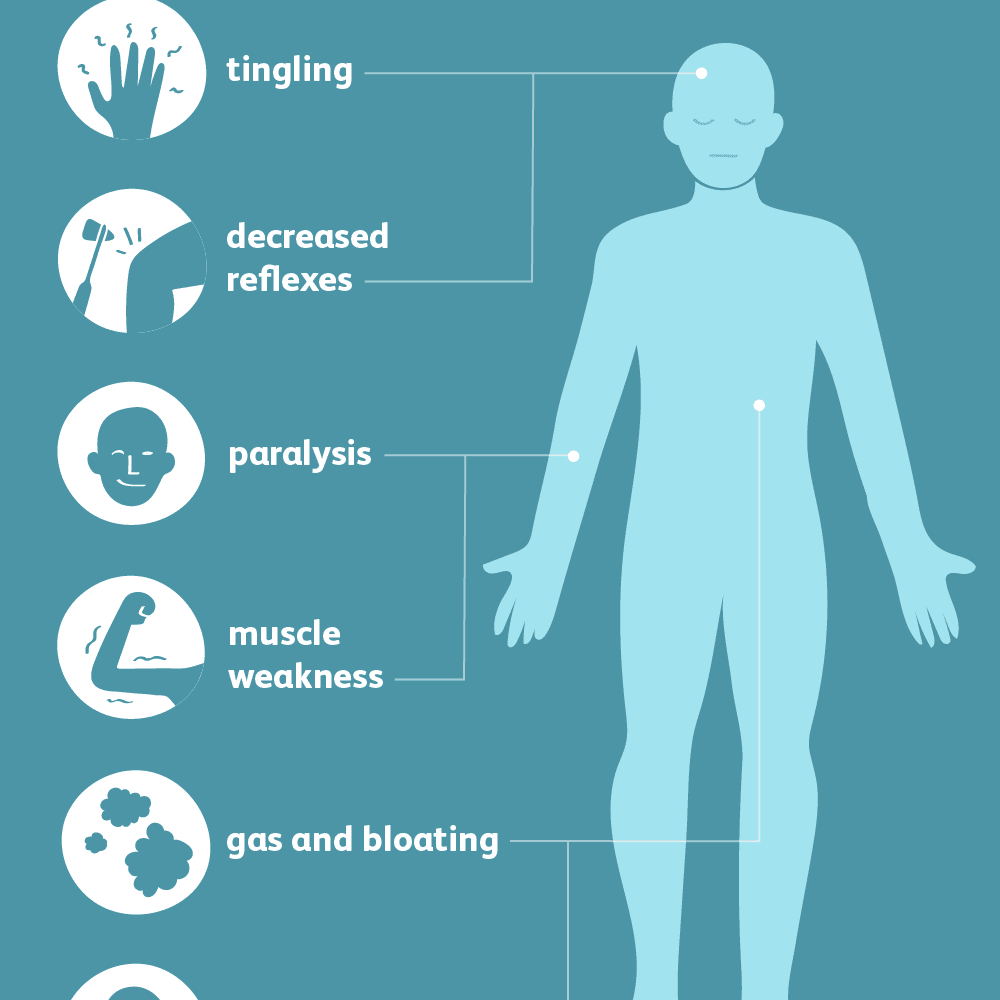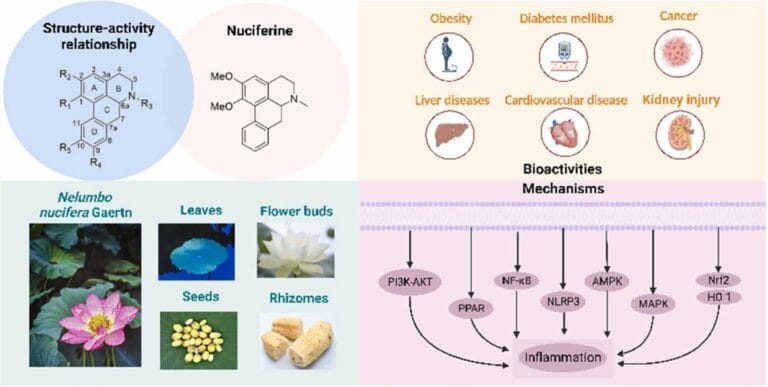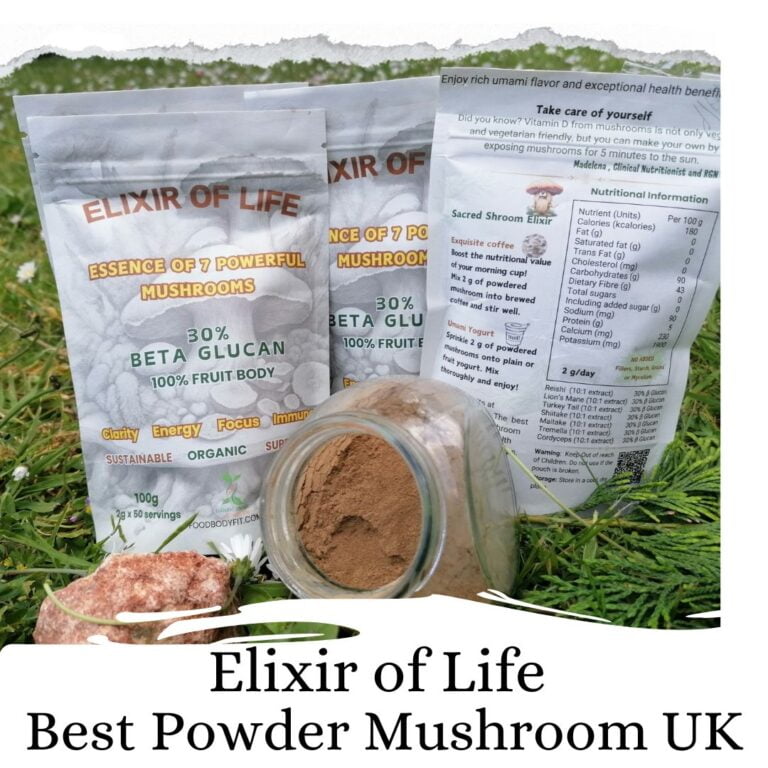Why are my potassium levels high?
What is Hyperkalemia?
- Hyperkalemia is an excessive level of potassium in the bloodstream.
Potassium has several important functions in the body.
- It is essential for the normal functioning of the muscles, heart, and nerves.
- Potassium helps the body regulate the activity of muscle, including the smooth muscle (involuntary muscles, such as the muscles found in the digestive tract), skeletal muscle (voluntary muscles, such as muscles of the extremities and torso), and the muscle of the heart.
- It is also important for maintaining normal heart electrical rhythm and for normal electrical signals in the nervous system.
- The normal potassium level in the blood is 3.5-5.0 milliEquivalents per liter (mEq/L).
- Potassium levels between 5.1 mEq/L to 6.0 mEq/L are considered to be mild hyperkalemia.
- Potassium levels of 6.1 mEq/L to 7.0 mEq/L are moderate hyperkalemia, and levels above 7 mEq/L reflect
-

One of the most important mineral for our body is Potassium; This mineral is found in many foods and drinks.
The correct level of potassium in your blood, is essential to being well and feeling well. Your body takes the potassium it needs from what you eat and drink.
Your kidneys remove potassium from your blood and you pass it out of your body in your urine.
If your kidneys do not work properly, they may not remove enough or any potassium. Too
much potassium in your blood can be dangerous to your heart, nerves and muscles, so you
must monitor it.
How can I lower my potassium levels?
Cooking tips to lower the potassium in your meals:
– Boil vegetables and potatoes in plenty of water as this reduces the potassium
content. Do not use this water for making gravy or stock.
– Once boiled, these potatoes and vegetables can be fried or roasted.
– Avoid steamed, microwaved, fried, stir fries, grilled and oven-baked potatoes and
vegetables which haven’t been boiled.
 Reducing the potassium that you eat is one way of helping to reduce the amount of potassium in your blood.
Reducing the potassium that you eat is one way of helping to reduce the amount of potassium in your blood.
Here is a list of foods to avoid or limit, together with suitable alternatives.
Chips, jacket potatoes, fried plantain
Boiled, mashed or creamed potatoes, boiled, plantain, boiled yam, pasta, rice, bread
Avoid/limit Dried fruit, banana, avocado, kiwi, mangoes
Choose instead Maximum three portions of fruit a day (80g, or about a handful) for example an apple, pear, satsuma
Avoid/limit Baked beans, mushrooms,
Choose instead Two to three portions of vegetables a day (80g, or spinach, beetroot about a handful) that have been boiled. Small bowl of salad
Avoid/limit Nuts, seeds, chocolate and
Choose instead Biscuits with a thin coating of chocolate, digestives, plain scone
products containing them, for example, bread, cereals or cakes
Avoid/limit Coffee, Ribena, wine, beer, cider, squash hot chocolate, Horlicks, Ovaltine,
coconut water, fruit and vegetable juices
Tea (including fruit or herbal tea), diluted squash cordial, water, lemonade, tonic water
coconut water, fruit and vegetable juices
Avoid/limit Potato crisps Corn, maize or rice snacks, Salt substitutes (Lo-salt)
Choose instead Pepper, herbs and spices
Contact us
If you have any questions or concerns about lowering potassium level, lifestyle changes. , please contact Madelena Tapliga ( nutrition and weight management, lymphatic massage therapist) ; 07947887043
office@foodbodyfit.com




